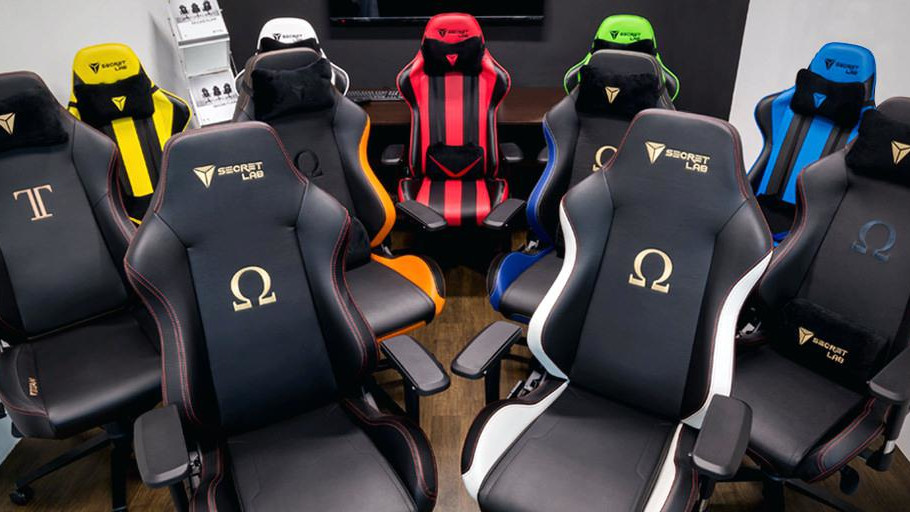
Google plans to integrate techniques from an AI system built to win games of the complex board game, Go, in order to bulk out its next-gen large language model and rival OpenAI's ChatGPT.
The new large language model (LLM), known as Gemini, will tap into the game-winning AI system to leverage its skills in reinforcement learning. This is expected to offer improvements in tasks that current LLMs, like ChatGPT or Google's Bard, may struggle with or open up new opportunities for its use.
"At a high level you can think of Gemini as combining some of the strengths of AlphaGo-type systems with the amazing language capabilities of the large models," Demis Hassabis, CEO of Google DeepMind, says in a story from Wired.
Since April this year, DeepMind has been merged with Google's own internal AI team to create Google DeepMind.
Google initially acquired DeepMind in 2014 after it showed that its AI model, known as AlphaGo, was the top dog at an extremely complex board game called Go. Shortly after which, in 2016, AlphaGo defeated the then champion Lee Sedol in four out of five games.
Lee later retired from the game entirely, as he claimed AI "cannot be defeated."
Lee wasn't entirely correct in that assumption, as Kellin Pelgrine defeated another Go-playing AI, KataGo, by 14 games to 15 earlier this year. Though Pelgrine was assisted by an AI that spotted KataGo's weaknesses, so it's maybe more of a pyrrhic victory for us fleshy humans.

Best chair for gaming: the top gaming chairs around
Best gaming desk: the ultimate PC podiums
Best PC controller: sit back, relax, and get your game on
What's of interest to Google's LLM development, then, is how AlphaGo uses reinforcement learning to become a formidable opponent. This is essentially a system through which it makes attempts and receives feedback on how well it did, which when combined with the ability to map out many possible moves in a game, eventually led it to defeat an opponent with a mastery of the game.
Combine that skill with a LLM's wherewithal to pluck information out of the internet and regurgitate it back in a natural-sounding language and you could be onto a smarter AI tool than those that exist today. At least that's Google's belief, as it suggests this sort of new reasoning and reinforcement could help its AI models finally catch up to OpenAI's dominant ChatGPT.
Though Gemini is still very much in the works, and will likely be development a lot longer before it's ready for a wide release.







